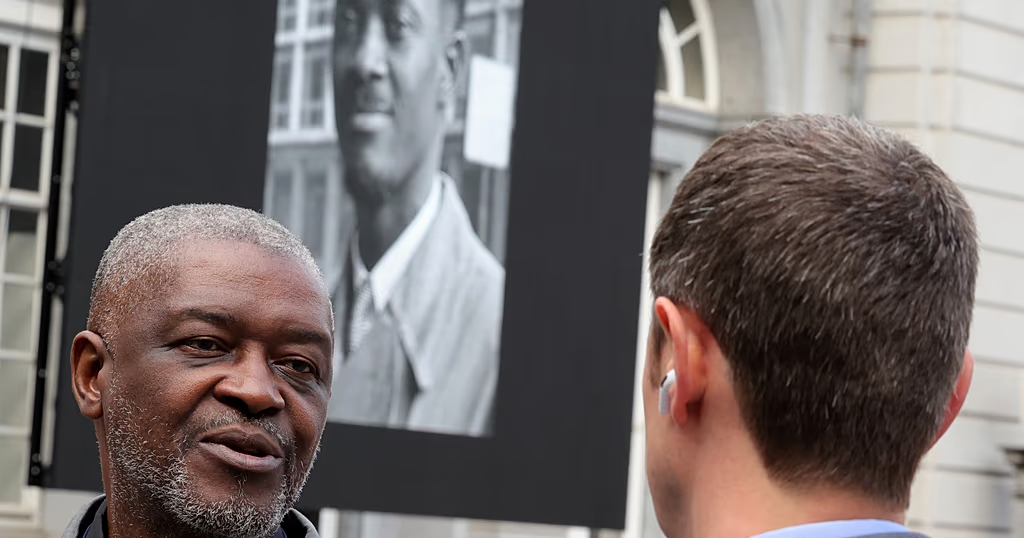In a significant development, a High Court in Nigeria’s Federal Capital Territory has granted bail to Godwin Emefiele, the former Governor of the Central Bank of Nigeria, in a fresh case of property fraud. The court set the bail at N2 billion, approximately $4.7 million, as Emefiele faces an eight-count charge related to a disputed housing estate in Abuja.
The Economic and Financial Crimes Commission (EFCC) filed the charges against Emefiele, alleging that he and an accomplice, known as “Ocheme,” who is currently at large, knowingly controlled property reasonably suspected to have been unlawfully obtained. The property in question is a vast estate comprising 753 housing units, located in the Lokogoma District of Abuja, and measuring 150,462.86 square meters.
When the charges were read to him, Emefiele pleaded not guilty, prompting his lawyer, Mathew Burkaa, to apply for bail. The prosecution, led by Rotimi Oyedepo, did not oppose the bail application but requested that certain paragraphs be removed, which the court granted.
Justice Yusuf Halilu, who presided over the case, emphasized that bail is a constitutional right and noted that Emefiele had previously been granted bail by two other judges without violating the conditions. The judge set the bail conditions, including the submission of Emefiele’s travel documents and the provision of two sureties who must be residents of Abuja and own landed property valued at N2 billion in specific areas of the city.
The sureties will also be required to undertake to produce Emefiele in court throughout his trial, and if he fails to appear, they risk being imprisoned. The court has given Emefiele until June 18 to meet the bail conditions, failing which he will be sent to prison. The trial has been adjourned until July 11.
The EFCC alleges that Emefiele and his accomplice unlawfully kept billions of naira in proxy accounts with Zenith Bank, with the sums suspected to have been obtained unlawfully. The charges against Emefiele include forgery, with the anti-graft agency accusing him of falsifying a document related to a property transaction. The offences are said to contravene sections of the Penal Code Law, with the EFCC seeking to hold Emefiele accountable for his actions.



